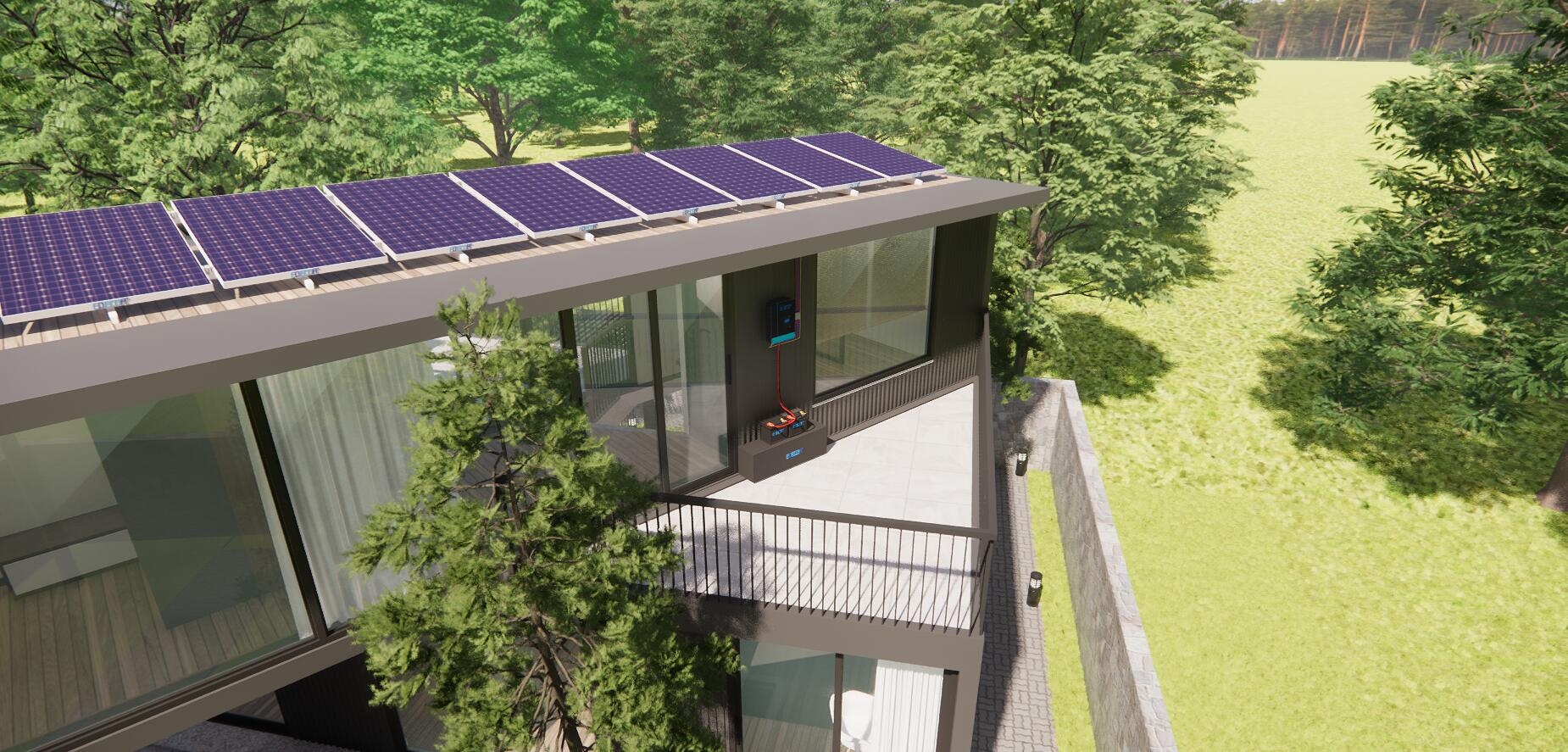
Solar panels themselves do not pollute the environment. On the contrary, they are a clean and renewable energy choice with minimal negative impact on the environment.
Firstly, the manufacturing process of solar panels is relatively environmentally friendly. While some materials and energy are required to manufacture solar panels, the amount of carbon dioxide emissions generated during the manufacturing process is much lower compared to traditional fossil fuel power generation.
Secondly, solar panels do not produce any pollutants during operation. They do not require fuel combustion and do not release harmful gases or waste water. This means that generating electricity using solar panels does not cause air or water pollution and has no negative impact on the environment and human health.
Furthermore, solar panels have a long lifespan and can be used for 20 years or even longer. During this period, they can continuously provide us with clean electricity, reducing our reliance on traditional energy sources. At the same time, solar panels also require minimal maintenance or component replacement during operation, further reducing their environmental impact.
Of course, there may be some environmental impact when dealing with waste at the end of a solar panel's lifecycle. However, current solar panel recycling technologies are constantly developing and can effectively recycle and reuse materials to reduce the impact of waste on the environment.
In conclusion, solar panels are a clean and renewable energy choice that does not pollute the environment. They can help us reduce our dependence on fossil fuels, protect the environment, and contribute to sustainable development.


Share:
What is the hybrid inverter?
What is a Battery Management System (BMS)?